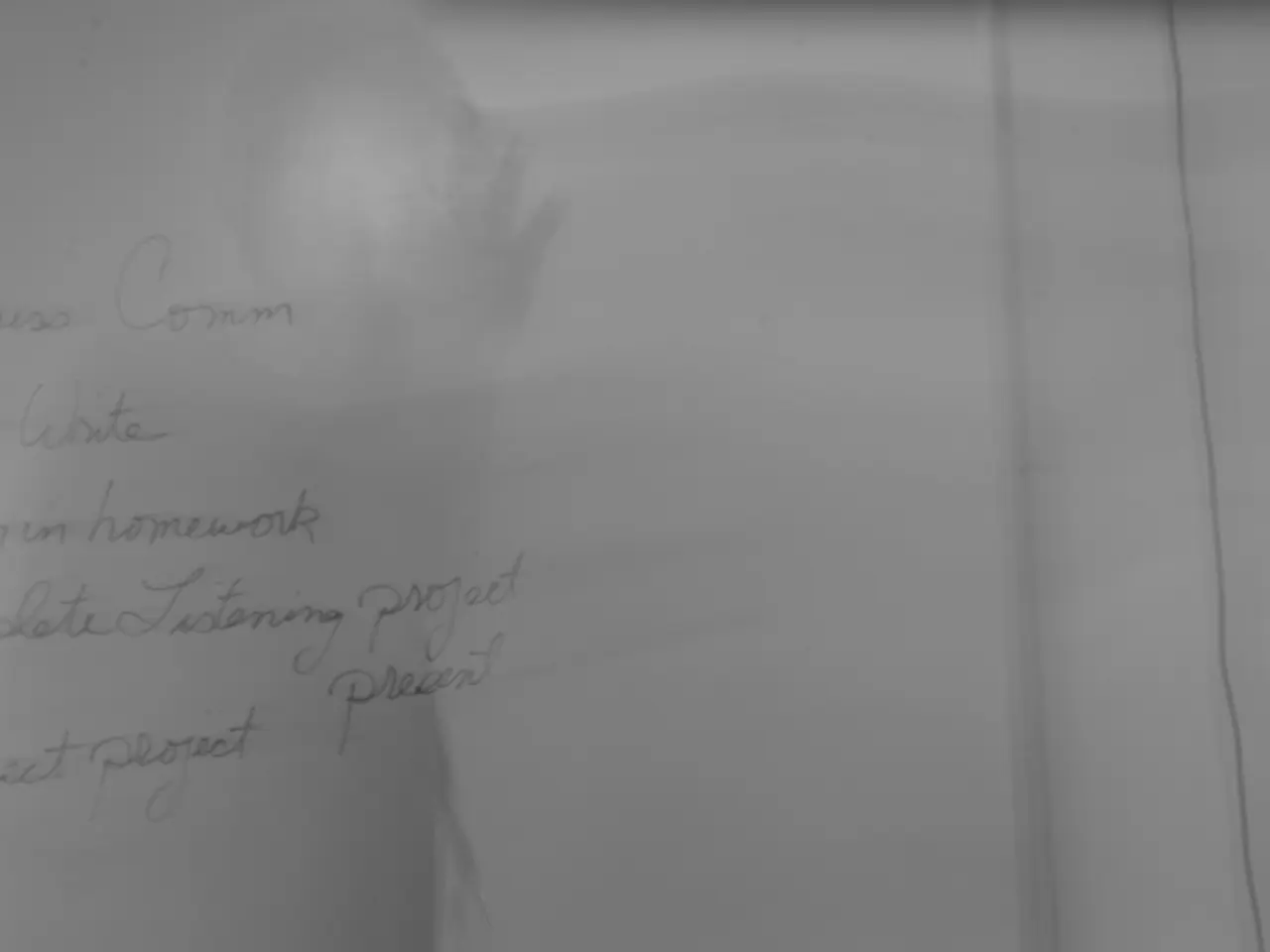Reviewing Dilapidations Early in Lockdown for Office Management by Hedge Funds
In the current climate, hedge funds are facing the challenge of managing their office spaces amidst the ongoing COVID-19 pandemic. This article, a guest piece by Matthew Sharkey, Director at Hartnell Taylor Cook, offers key best practices for navigating this situation.
Given the prolonged impact of remote and hybrid work, hedge funds should negotiate flexible lease terms that reflect reduced space requirements and market conditions. This approach mitigates risks from high vacancy and value declines in office real estate.
Commercial leases typically include repair, decoration, and yielding-up obligations at lease end. Hedge funds need to carefully review these dilapidations clauses, assess the physical condition of premises, and negotiate to avoid excessive repair liabilities, especially in buildings that have been underused or where pandemic-related closures have made maintenance difficult.
Offices reopened after lockdown must comply with social distancing guidelines, which often require physical modifications. Hedge funds should document any such modifications and clarify responsibilities with landlords to ensure compliance without undue dilapidations costs.
Strategic use of office space is crucial for cost control and operational efficiency. Hedge funds should evaluate if part of their leased space is obsolete or underutilized due to changed work patterns. Considering subleasing, downsizing, or supporting office-to-residential conversions can maximize asset utility or reduce costs.
Maintaining an active leasing strategy and strong landlord communication is beneficial. A proactive approach allows hedge funds to adapt to market dynamics, maintain good landlord relationships, and negotiate favourable exit or modification terms.
Always engage legal advisors to interpret lease terms in light of COVID-19 impacts and social distancing measures, ensuring compliance while minimizing liabilities and costs.
In summary, hedge funds should adopt a proactive, legally informed, and flexible approach to lease and dilapidation management, reflecting structural market shifts post-COVID-19 and operational changes due to social distancing requirements.
When moving out of an office, it's essential to manage the process cost-effectively. Social distancing measures must be factored into dilapidations reviews and office moves. Individuals conducting the review must adhere to all health and safety requirements, and all parties involved must have access to appropriate Personal Protective Equipment (PPE). Every building and inspection needs to be fully risk assessed and agreed between all parties.
Many hedge funds are considering contracting the size of their offices or ending leases altogether. An early dilapidations review allows the tenant to set out its lease obligations, understand the costs involved with an exit from the space, and decide on a strategy before serving notice. This proactive approach can help firms manage their cash flow and mitigate against potentially large dilapidations bills.
The views expressed in this article are those of the author and do not necessarily reflect the views of AlphaWeek or The Sortino Group. This article is copyrighted by The Sortino Group.
- Given the shift towards remote and hybrid work, it's prudent for hedge funds to negotiate flexible lease terms for their office spaces, ensuring they align with reduced space requirements and the current market conditions, as a means to mitigate risks from high vacancy and potential value declines in real estate.
- Hedge funds should inspect their offices thoroughly and negotiate dilapidations clauses carefully to avoid excessive repair liabilities, especially in buildings that have been underused or where pandemic-related closures have made maintenance difficult, as part of a strategic approach to managing their lease and dilapidation obligations in the post-COVID-19 business landscape.





